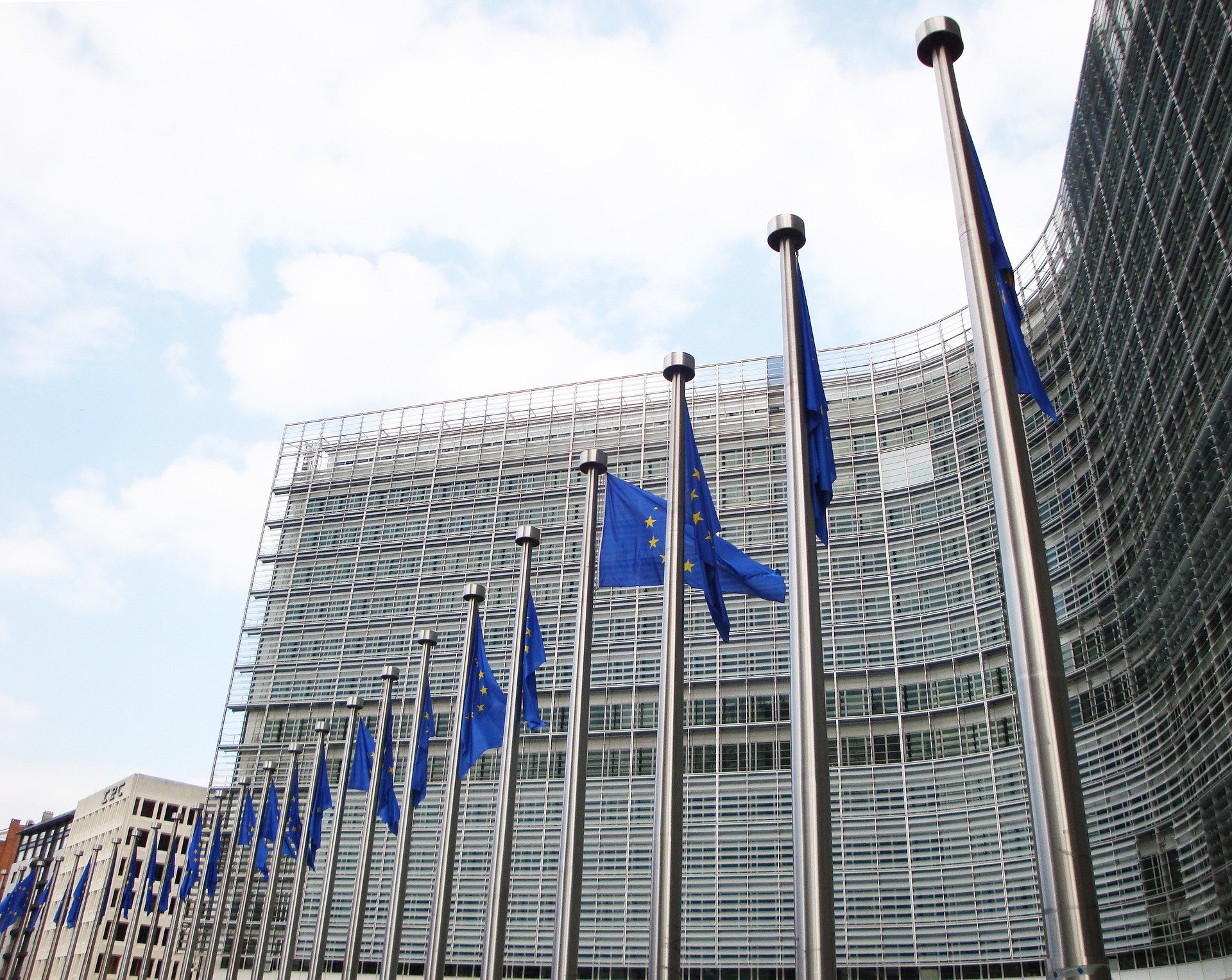The European Commission has closed the door this Friday to a reform of the rules on European arrest warrants proposed by the Spanish government. "We do not see any need to change their functioning, in terms of the list of crimes that can be included", said European justice commissioner, Věra Jourová, in a press conference after the meeting of EU justice ministers held in Brussels. "We are working to make improvements, but do not plan to reopen the decision and introduce the changes that the Spanish government is asking for", said the Czech commissioner. Moreover, according to Jourová, "widening the list of crimes would not directly solve" the problems that member states have when issuing and executing European arrest warrants. "We have published a guide recently", was all that the commissioner would add on the subject, clarifying that the only problems in the system are "more of a procedural nature", rather than of substance.
Spanish justice minister Rafael Catalá was keen to suggest a "reflection on the list of crimes" included in the arrest warrants to his European colleagues. The policy change, which he said afterwards was not "officially" proposed as it was not on the meeting agenda, has now been discarded by the EC.
On Friday, Catalá spoke personally with commissioner Jourová in the meeting, explaining that "the functioning" of the European arrest warrant system should be evaluated to ascertain whether it caused "paradoxes or problems of mutual trust". Moreover, he also said that the warrants "should not be subject to long checks or procedures", and that they should be almost automatic because the 28 members of the EU are "democracies" with "independent justice".
At present, the European arrest warrant has a list of thirty offences for which, when a member state asks for the extradition of a person, the process of return is automatic. One of these offences is corruption, which the judge of Spain's National Audiencia court, Carmen Lamela, included in the warrant issued against Catalan president Carles Puigdemont and the four ministers who are with him in Brussels. The Belgian public prosecutor's office, however, decided against executing the warrant for corruption, thus discarding automatic extradition and opening up a more complex process that required the charges made against the Catalan leaders to be compared with possibly equivalent crimes included in the Belgian criminal code. As a result, the process was lengthening, and could have lasted until mid-January, before Spain decided to revoke the arrest warrants altogether.

